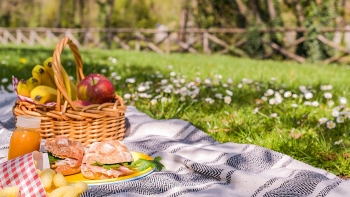9 Nutrition Tips for the Elderly
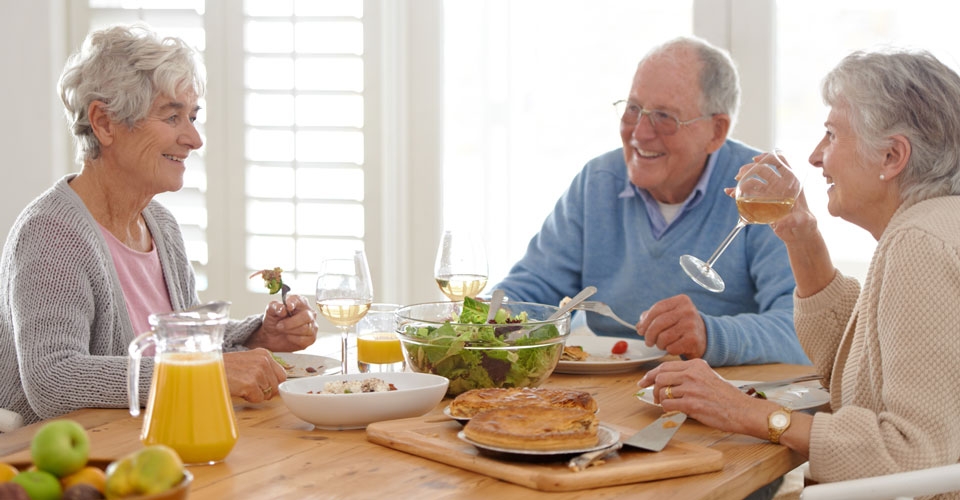 |
| The importance of a healthy diet is even more of a priority for seniors. Photo: Advocate For You |
It’s easy to pay attention to the obvious signs of aging – frailty, memory problems, mobility issues leading to trips and falls. Less obvious but equally important is nutrition, and it can sometimes be the last thing we think of. Especially given that 5.4 million people in the UK are unpaid caregivers – often a spouse or children of an elderly loved one – it’s important to know the facts around elderly nutrition requirements.
In this article KnowInsider shares 9 simple elderly nutrition tips, to help you keep your loved one happy and healthy.
1. Pick Foods High in Nutritional Value
As we grow older, our bodies do not need as many calories. Look for foods that provide more nutritional value without the extra calories, according to Commonwise Care. Examples include:
-
Fruits and vegetables
-
Whole grains and whole wheat (brown rice, oatmeal, etc.)
-
Non-fat or low-fat milk, almond or soy milk
-
Nuts, beans, and seeds
-
Lean meat, chicken, seafood, and eggs
2. Limit Empty Calories
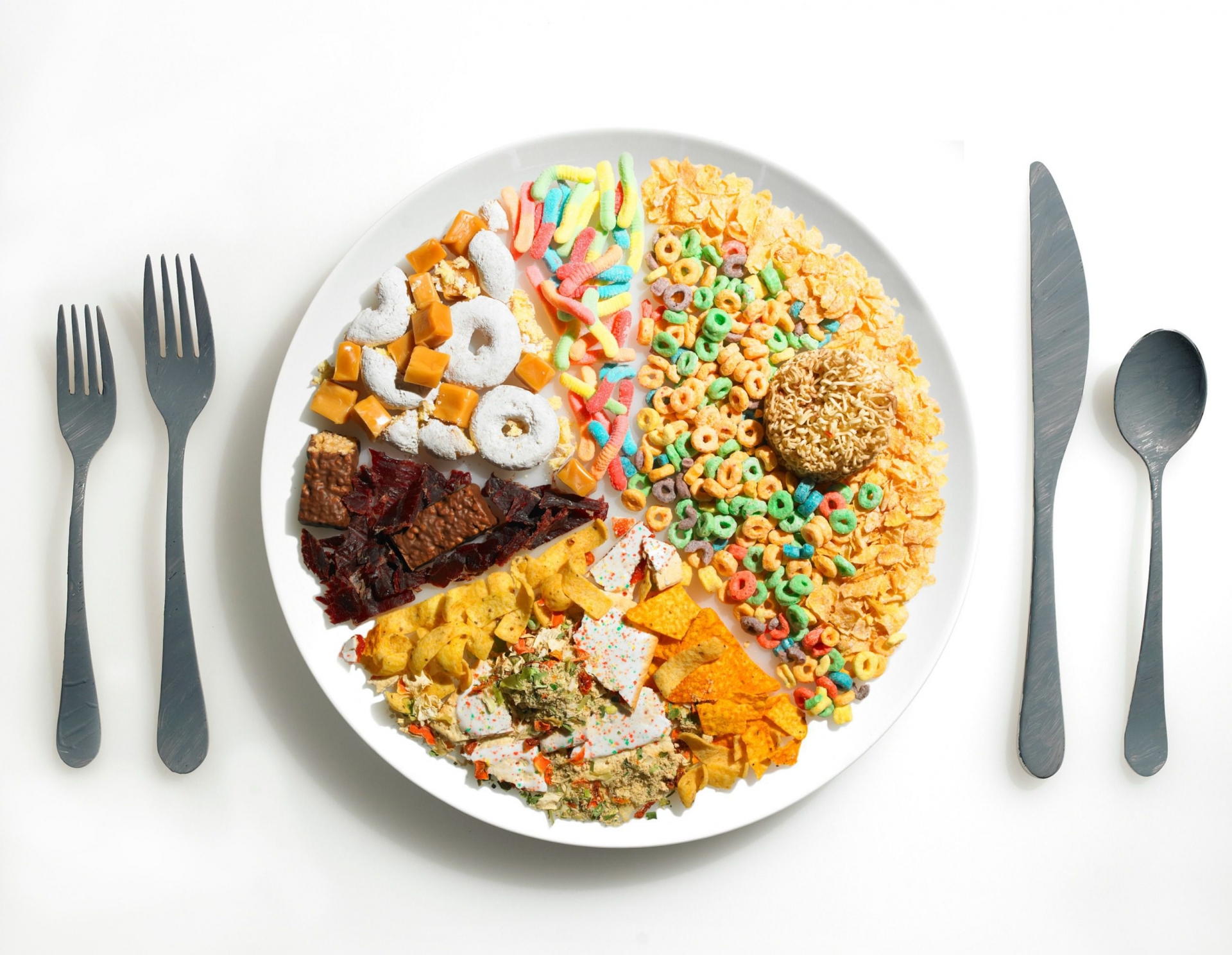 |
| Examples of empty calories foods. Photo: Very Well Fit |
Avoid foods that are high in calories and/or carbs without providing any nutritional value. Examples include:
-
Chips
-
Baked goods
-
Soda
-
Candy
Everything in moderation. A snack splurge every once in a while is completely normal and acceptable. Having said that, healthier foods should be eaten in replacement more often than not.
3. Eat 5 A Day, And Then Some
Five is the absolute minimum number of fruit and vegetables you should be eating…. Something that 70% of adults aged over 65 fail to do. By way of comparison, Japan advises citizens eat no less than 17 portions a day, My Home Touch cites.
Aim for a rainbow spread – the more colors on your plate, the more varied the nutrients you’re getting.
4. Drink 8 Glasses of Water per Day
Older adults do not tend to feel thirsty as often as they should. Keeping seniors hydrated throughout the day should be a priority. Avoid serving older adults sugary drinks, caffeine, and alcohol to keep them from becoming dehydrated. In general, drinking eight 8oz glasses of water per day is recommended.
5. Avoid Saturated and Trans Fats
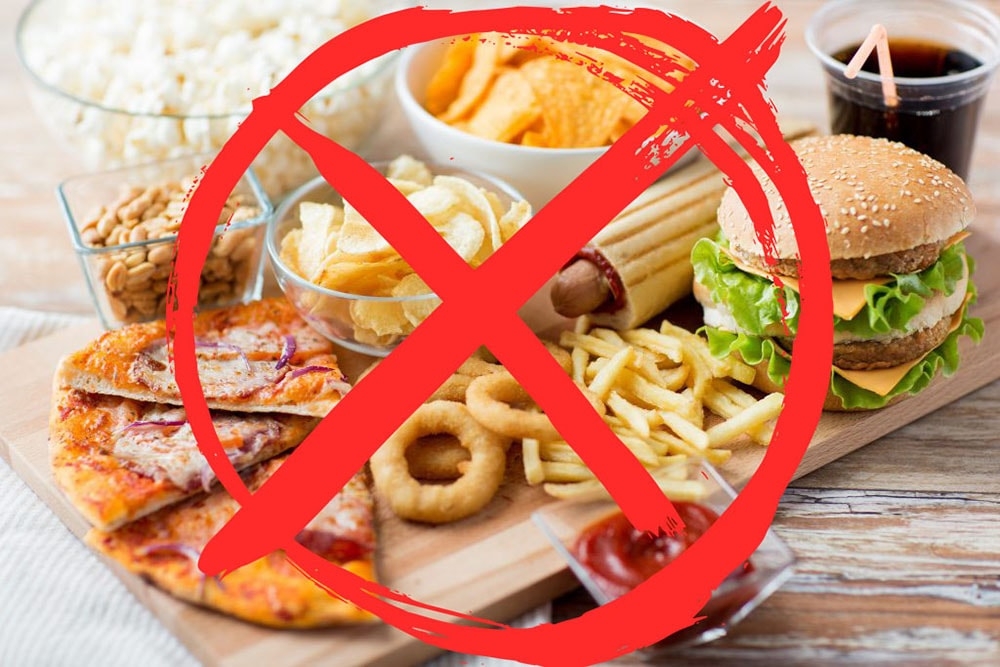 |
| Photo: Viral Khichdi |
Fried foods, vegetable oils, and margarine are all high in saturated and trans fats. Healthier alternatives include baked or grilled food, olive oil and ghee. Herbs and seasonings are also good substitutes for high-fat dressings.
6. Encourage Physical Activity
Simple arm and leg exercises can help increase appetite. If they can, have seniors walk outside to get the mail, or participate in activities at a local senior center. Anything to get the body moving is better than being idle. Increasing physical activity will also increase thirst, providing an opportunity for seniors to drink more water.
7. Eat Iron-Rich Foods
It’s critical to effectively monitor iron intake as part of your elder care routine. Too much iron can cause stomach problems, too little can cause anemia. Mostly, experts recommend that you don’t take an iron supplement because of the side effects of taking too much. Instead, you need to focus on packing iron-rich foods into your daily diets, such as dark leafy vegetables, dried fruit or poultry.
8. Cut Out Sugar and Salt
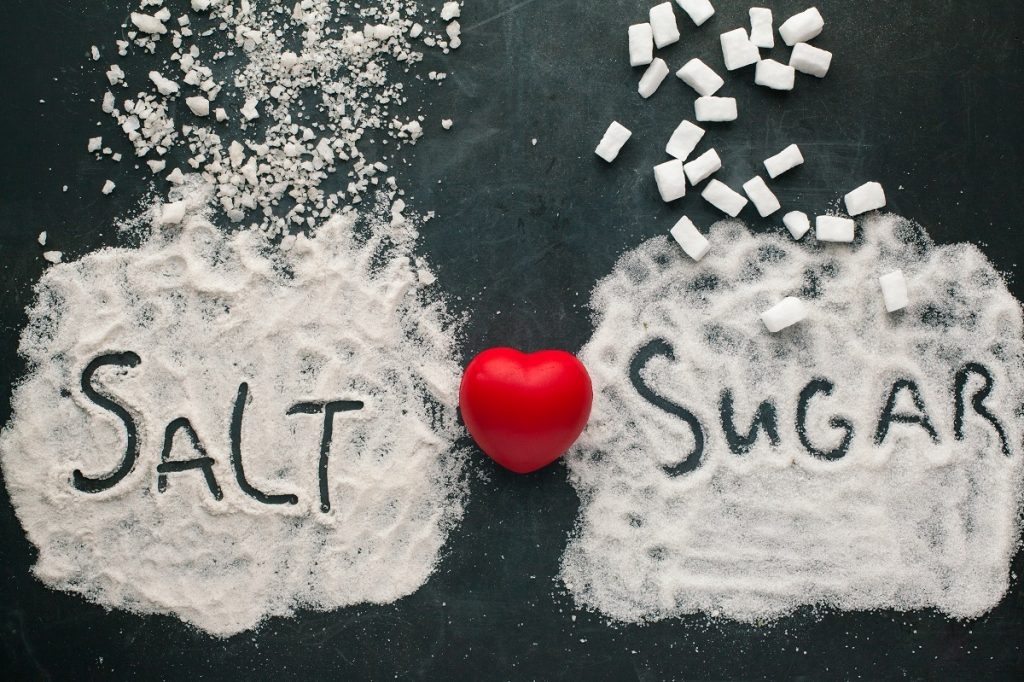 |
| Photo: Healthy Food Daily |
You don’t need to cut out salt completely, but excessive salt intake can cause a long list of problems, especially in older adults. Salt sensitivity actually increases with age too, so this is one to limit in you or your loved one’s diet as much as possible. The same applies to sugar - you don’t have to avoid it completely but every step you can take to minimizing your intake is a good thing.
9. Get Enough Calcium
Calcium is, as you probably know, critical to bone health. What you might not know is that we naturally absorb less calcium as we age, so getting enough is a critical part of eldercare.
| Why Is Nutrition So Important to Ageing? Eating well is important at any age, but as we get older our diet can play a critical role in maintaining health. Our dietary requirements change as we get older. At the same time, many older people suffer from a loss of appetite, making getting the required nutrients more difficult. Older people should eat a nutrient-rich diet, in order to maximize the value of what they do eat. Nutrient or vitamin deficiencies can cause a wide range of health complications that are better off avoided. In fact, poor nutrition costs the NHS over £6 billion each year, causing nearly 3 million avoidable deaths annually. |
For more interesting topics, please check out our KnowInsider!
|
During the COVID-19 pandemic, there are definite precautions to take when planning potlucks and picnics. Follow this article for some useful tips for your family ... |
|
If you plan to go for a picnic with your friends on the weekend, just follow these below tips. Knowinsider has listed the top tips ... |
|
If you're planning for a picnic with family members, friends or your lover but wondering what to prepare, we've got your picnic needs covered. All ... |



